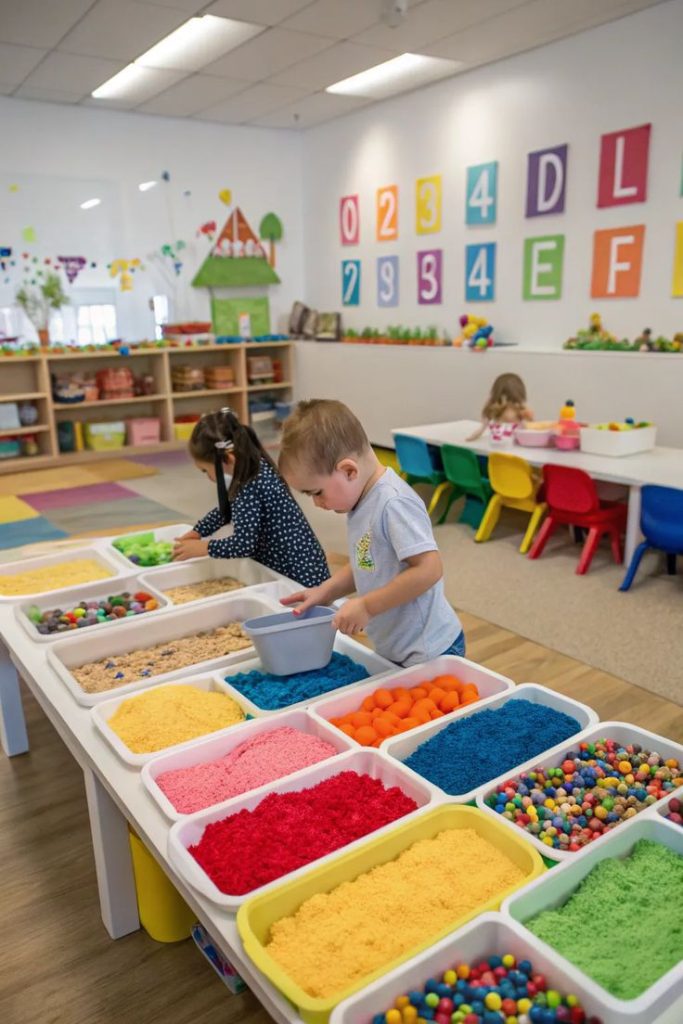A career in early childhood education (ECE) is often perceived primarily as teaching young children. While this is a core component, the field offers a surprisingly diverse range of job paths and ample opportunities for professional growth and specialization. For those passionate about nurturing development in the crucial early years, ECE provides a fulfilling trajectory with continuous learning and increasing responsibility.
Entry-Level and Foundational Roles
The journey in ECE typically begins with foundational roles, which are essential for gaining practical experience and understanding the day-to-day operations of an early learning environment.
- Assistant Educator/Teacher Aide: These roles provide invaluable hands-on experience, supporting lead teachers in daily activities, preparing materials, supervising children, and assisting with routines. It’s an excellent way to learn about child development, classroom management, and curriculum implementation under guidance. Many individuals start here while pursuing their ECE qualifications.
- Relief Teacher/Educator: Working as a reliever offers flexibility and the chance to experience various ECE settings (e.g., different philosophies, age groups, and centre sizes). This broad exposure helps in identifying preferred working environments and building a network within the sector.
- Unqualified/Support Staff: For those without formal ECE qualifications but with relevant experience or a passion for working with children, roles like support staff, cook, or administrator within a centre can provide an entry point and a pathway to further study.
Core Teaching Roles
With relevant qualifications (such as a Diploma or Bachelor’s degree in Early Childhood Education) and provisional or full teacher registration early childhood jobs, individuals can step into more autonomous teaching positions.
- Qualified Early Childhood Teacher (Kaiako): This is the most common and central role, involving planning and implementing educational programs based on national curricula (like Te Whāriki in New Zealand), assessing children’s learning, building relationships with families, and creating a safe, stimulating environment. Teachers often specialize in age groups (infants, toddlers, preschoolers) or specific pedagogical approaches (e.g., Montessori, Reggio Emilia).
- Head Teacher/Team Leader: Experienced and highly skilled teachers can progress to leadership roles within a specific age group or room. A Head Teacher is responsible for mentoring junior staff, overseeing curriculum delivery for their team, managing daily operations of their room, and ensuring compliance with regulations.
Leadership and Management
For those with a strong desire to influence broader educational practices and manage teams, leadership and management roles offer significant career progression.
- Centre Manager/Director: This senior role involves overseeing the entire early learning centre’s operations. Responsibilities include strategic planning, financial management, staff recruitment and development, regulatory compliance, marketing, and fostering strong community and family partnerships. Centre Managers play a crucial role in shaping the centre’s philosophy and ensuring high-quality education.
- Curriculum Leader/Pedagogical Leader: Some larger organizations or groups of centres employ specialists to guide curriculum development and pedagogical practices across multiple sites. These roles focus on ensuring educational excellence, innovation, and consistency.
- Area Manager/Regional Manager: For those working within larger ECE organizations with multiple centres, an Area or Regional Manager oversees the performance and operations of several centres, providing support to Centre Managers and ensuring organizational goals are met.
Specialization and Support Roles
Beyond direct teaching and management, ECE professionals can specialize in areas that support children’s diverse needs and the broader ECE sector.
- Special Education Needs Coordinator (SENCO): Focusing on children with diverse learning needs, a SENCO works with families, teachers, and external agencies to ensure appropriate support and individualized learning plans are in place.
- Visiting Teacher (Home-Based Care): For home-based ECE services, visiting teachers support and mentor educators who provide care in their own homes, ensuring quality standards and curriculum delivery.
- ECE Trainer/Lecturer: Experienced educators can transition into roles that train and educate the next generation of ECE professionals in tertiary institutions or through professional development organizations.
- Policy and Advocacy: Some ECE professionals move into government roles or work with advocacy groups, contributing to policy development and promoting the importance of early childhood education at a systemic level.
Building a career in early childhood education is a dynamic process that allows for continuous personal and professional development. With various entry points, clear progression paths, and opportunities for specialization, it’s a field where dedication to young children can lead to a truly impactful and rewarding professional life.



